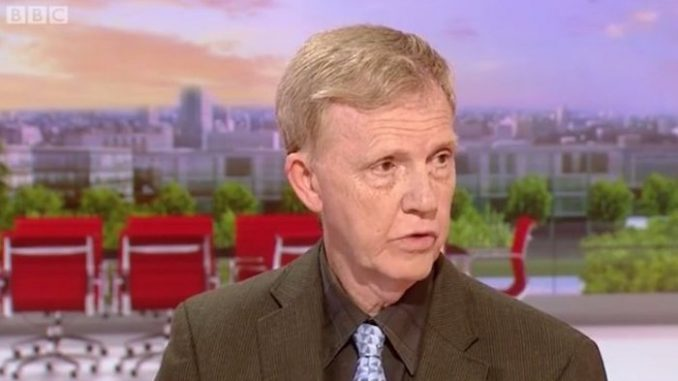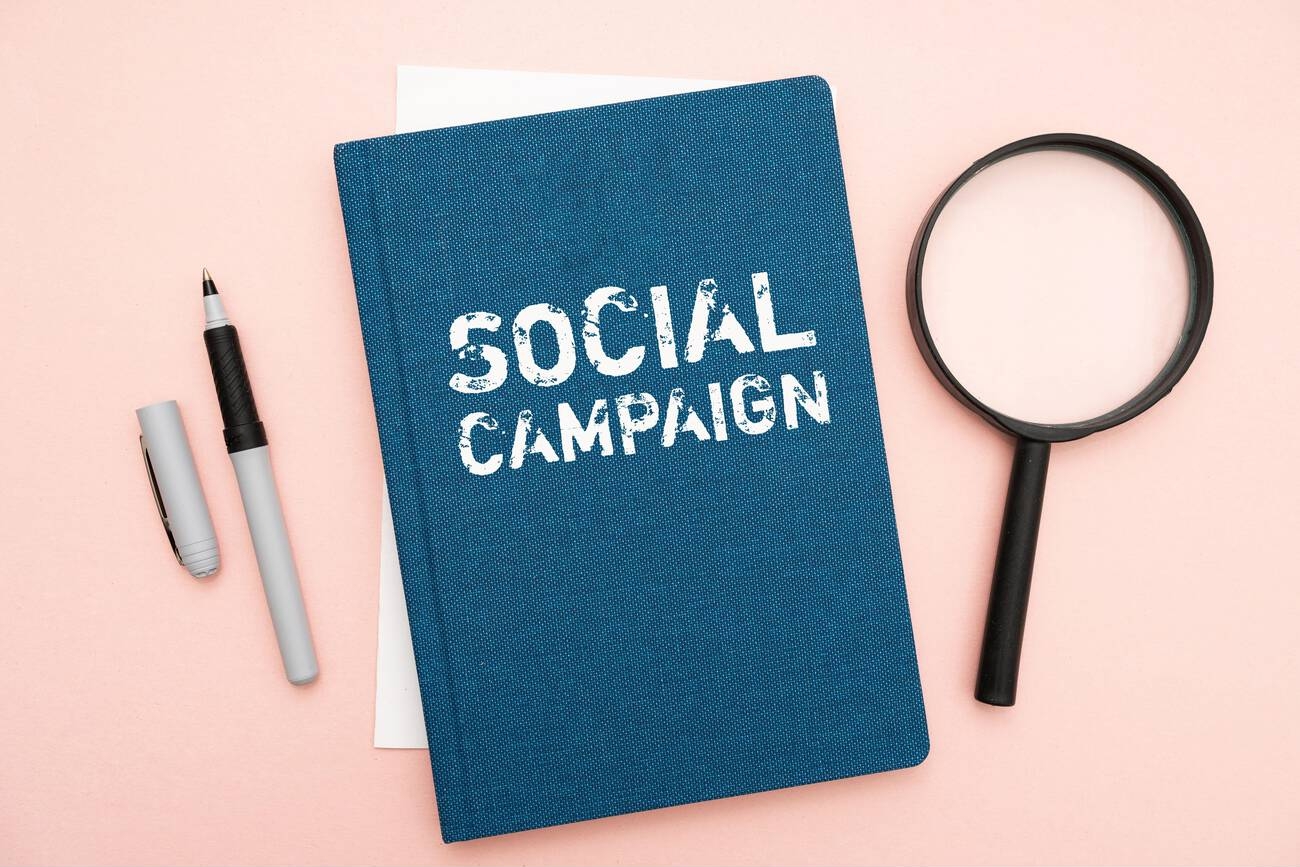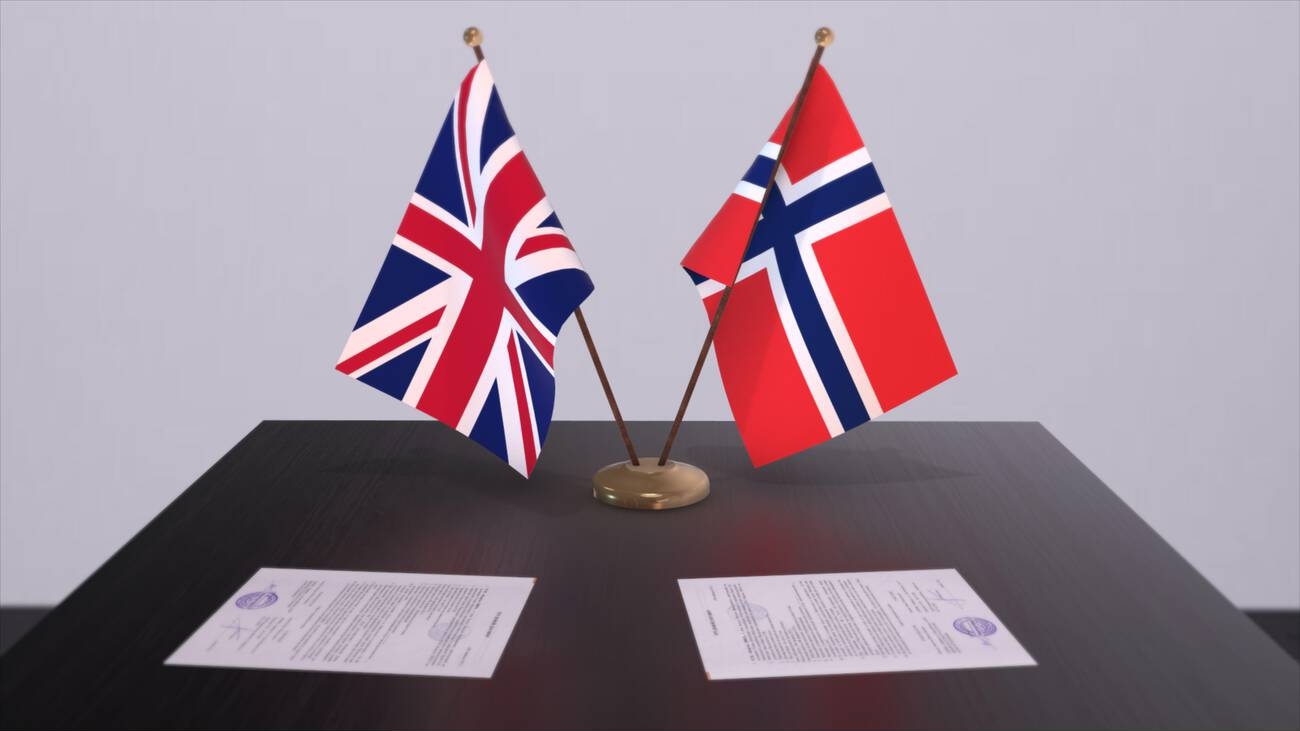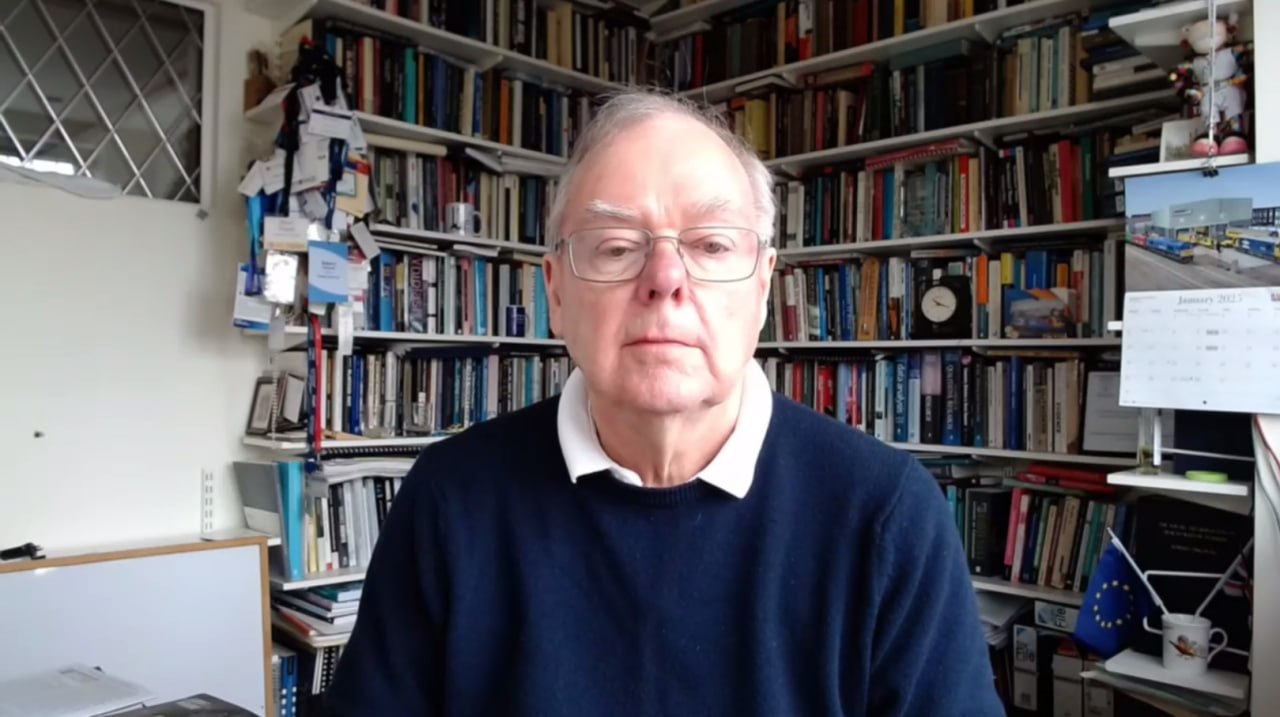Trump visit of Scotland: A Private Tour with Political Significance
Peter Ford, former UK Ambassador to Syria, sees Donald Trump’s visit to Scotland as a reminder of how personal

Peter Ford, former UK Ambassador to Syria, sees Donald Trump’s visit to Scotland as a reminder of how personal branding and media spectacle increasingly shape global politics. While Ford criticises Trump’s Middle East policies, he notes that Trump’s unorthodox style can challenge entrenched establishment positions. He argues that governments inevitably balance national interests over public opposition, and warns that figures like Trump and Blair highlight the risks of unelected personalities wielding influence beyond traditional diplomatic norms.
1- How does Donald Trump’s visit to Scotland blur the lines between private enterprise and official diplomacy, and what implications does this have for traditional diplomatic norms?
I am not a great respecter of traditional diplomatic norms, at least in the context of Western diplomacy, which exploits those norms when it suits and ignores them when it doesn’t. Trump’s personal brand of diplomacy is not something I would hold against him, much as I condemn his Middle East policies.
2- How did the Scottish and UK governments balance the political and economic considerations of hosting Trump against the widespread public and civil society opposition?
It is not unreasonable for governments to put national interest ahead of popular opposition. Much of the opposition to Trump in Britain has been whipped up by Russia-hating media blindly opposed to peace efforts on Ukraine.
3- What does Trump’s Scotland visit reveal about the evolving role of media spectacle and personal branding in shaping modern political influence?
Trump’s style is not to everyone’s taste. But it cannot be denied that it can be used to effect to break down entrenched establishment positions, notably on the proper conduct of relations with Russia and on misguided climate policy.
4-How might this visit affect the political landscape in Europe, especially regarding the normalization of populist figures within mainstream politics?
The establishment looks with horror on populist forces, which succeeded notably in taking Britain out of the EU. The forces of populism have their unfortunate tendency towards nativism and xenophobia, but liberal establishments turned out to be very authoritarian indeed during the covid hysteria and try to impose on the people harmful Net Zero policies and hostility to Russia.
5- What risks do liberal democracies face when former political leaders leverage their celebrity and media capital to influence international affairs outside institutional accountability?
Tony Blair is an example of this harmful tendency for unelected celebrities to wield disproportionate influence. Blair’s influence on UK Middle East policy has been nefast.









